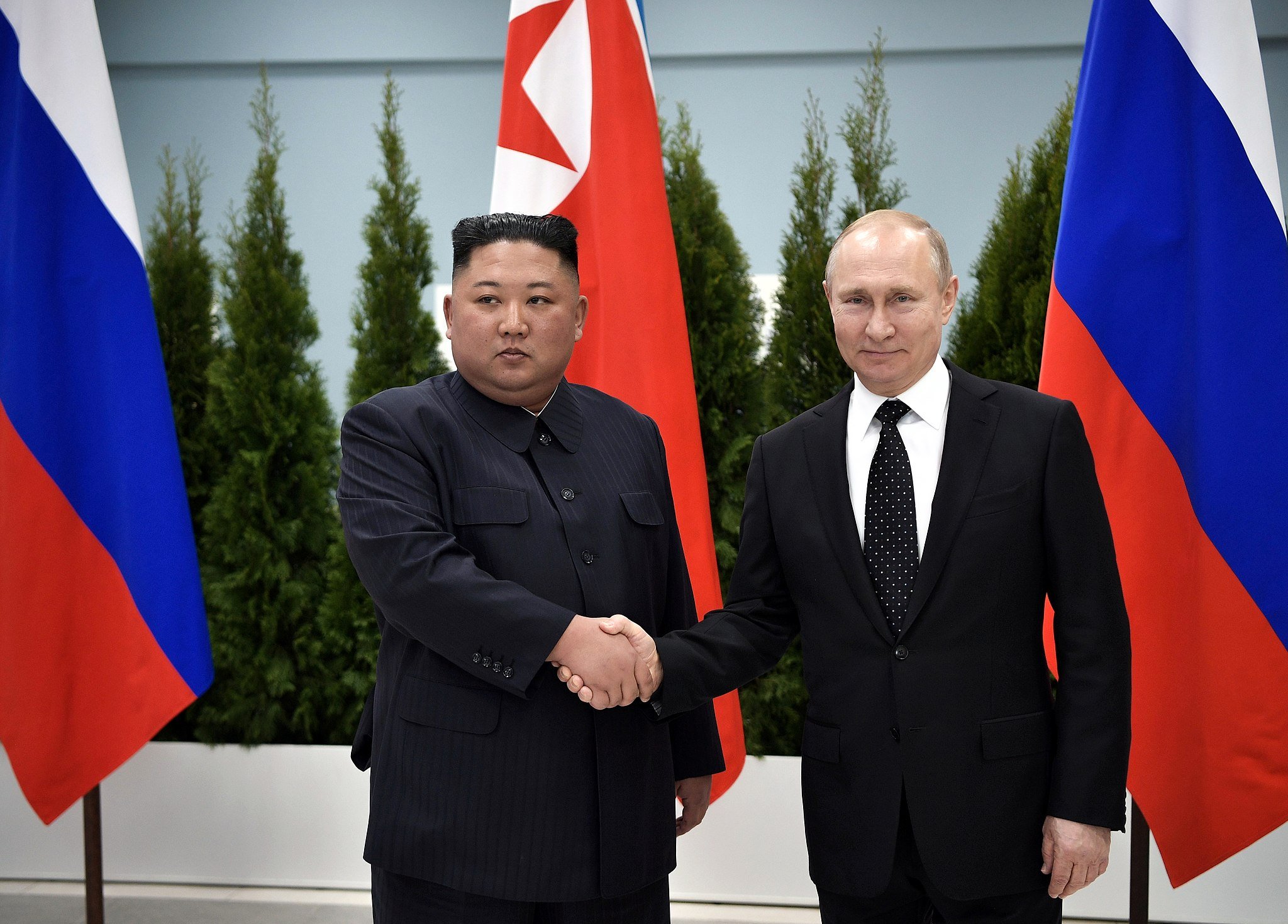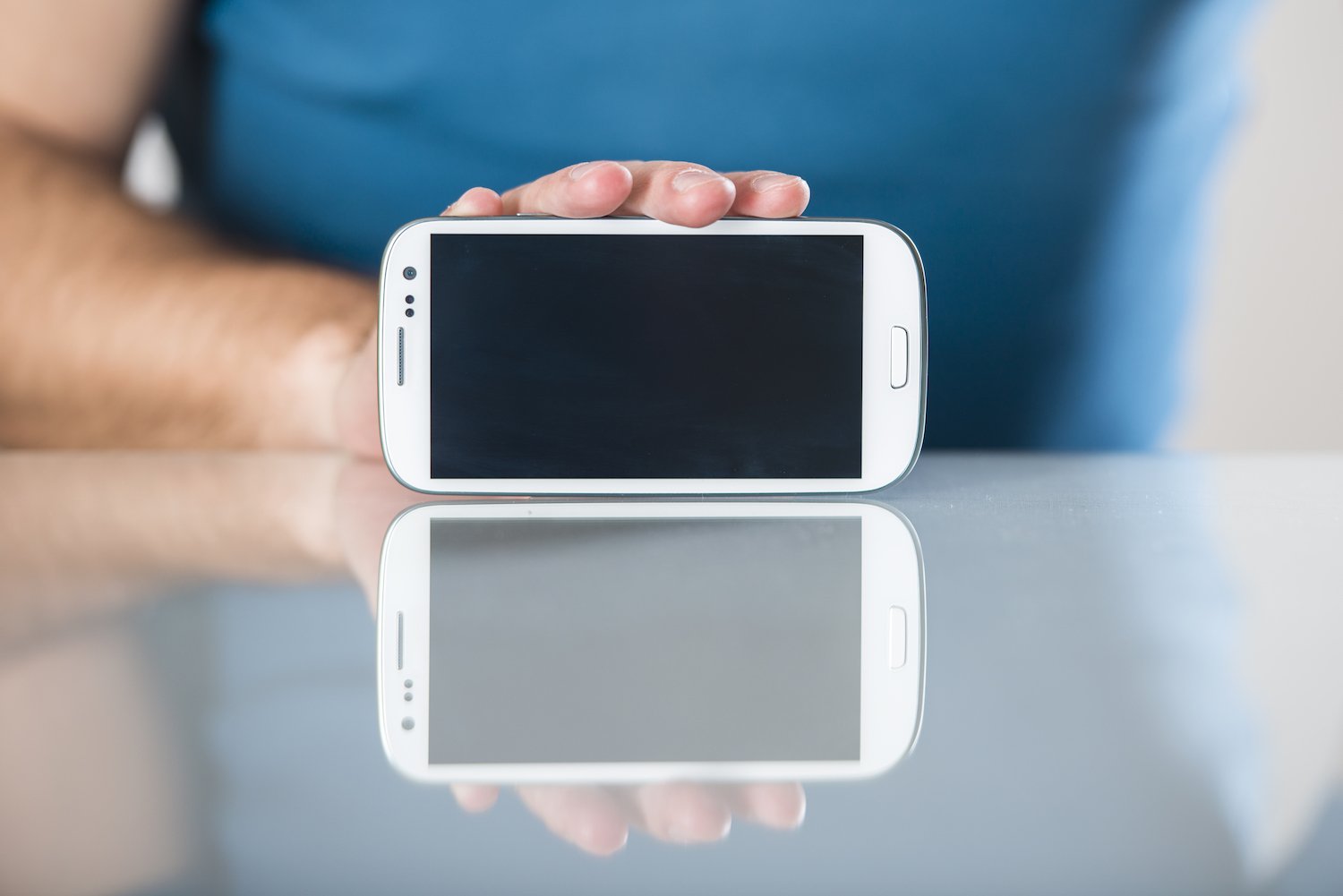Unlike his parents, Switzerland-educated Kim Jong-un grew up with ample exposure to foreign cultures and according to his classmates, he had Michael Jordan posters tacked up in his room and enjoyed wearing his Nikes. Even after becoming North Korea’s Supreme Leader, Kim befriended U.S. basketball star Dennis Rodman and commended the popular South Korean girl group, Red Velvet, for their K-pop performance in Pyongyang where he was “deeply moved.”
His personal enjoyment of international influences, however, did not sway his style of rule to open up to the possibility of social, economic or political reform. Rather, the young leader is fully aware of and fears how young North Koreans in their 20s and 30s (also known as the Jangmadang (market) generation), who account for about 14 percent of the 25 million population, do not think they owe anything to the regime as they grew up during the worst famine in the country’s history where upwards of several million citizens were estimated to have died of starvation. As Seo Jae-pyong, Director at the Association of the North Korean Defectors explained, “The older generation grew up on rations from the regime, but the younger generation grew up on rice purchased from the (Jangmadang) market. They think they didn’t get any benefit from the regime’s system. It is natural that there is a huge gap between them in terms of loyalty and ideology and thoughts about the country’s leader.”
WHY K-POP AND K-DRAMA MATTER IN NORTH KOREA
Following episodes of natural disasters, COVID-19 lockdowns and rising tensions from missile tests, which were met with extensive international sanctions, the country would appear more isolated than ever. However, ordinary North Korean citizens have continued to gain foreign exposure to freedom and money through music and dramas from its Southern neighbor and Asia’s fourth-largest economy. This has sparked new waves of worries amongst the top brass concerning a young generation who aspire to seek a new culture and potentially threaten the regime’s existence.
Kim Jong-un labeled K-pop and K-drama as “vicious cancer” that corrupts young North Koreans’ “attire, hairstyle, speeches and behaviors,” as they give the Jangmadang generation a glimpse of life in South Korea, which is in stark contrast to the socialist paradise they had been taught to believe they live in.
According to Thae Yong-ho, a North Korean diplomat to the United Kingdom before defecting to South Korea, some 70-80 percent of the Jangmadang generation are estimated to have watched South Korean movies or dramas. There is evidence to suggest that K-drama and K-pop played a significant role that motivated North Koreans to risk their lives to defect. “The younger generation came to recognize that North Korea is economically weak. They know about the people who fled to South Korea, and they know that those defectors are better off than they are,” said Kim Yong-hwa, head of the NK Refugees Human Rights Association of Korea.
THE YOUNG GENERATION CROSSED THE LINE
North Korea’s attitude toward foreign pop culture has relaxed and hardened over the years, closely tied to the level of political tension with the South. “The party is constantly changing rules about what’s acceptable when it comes to foreign content, and the people have to pay attention,” said Jean Lee, senior fellow at the Wilson Center and former Pyongyang bureau chief for the Associated Press. Furthermore, the state of North Korea’s economy dictates its restrictions, thus with the country’s increasingly dire straits, the regime is keen on adopting a more conservative approach to avoid any risk of destabilizing its socialist model. Upon passing a new law to prevent the spread of content not approved by government censors in December 2020, its leader suggested tougher controls on societal content and shortly afterwards, a propaganda website accused K-pop record labels as “slave-like exploitation.”
Acknowledging that the culture of young people is a critical problem that must be addressed without further delay as the fate of the party, revolution, country and its people are at stake, the regime emphasized on ideological education for children and a public reign of terror. Preventing ideological deviation includes displays of public punishment that include executing elites who fail to show enough loyalty or sending those who consume South Korean content to up to 15 years in labor camps. As part of the re-education package, young people and their families were reportedly exiled to “volunteer” in rural hard-to-survive agricultural villages to repay “the Workers’ Party’s love and benevolence with the sweat of loyalty when the nation is struggling.”
Meanwhile, and ironically, Hollywood-style videos of ballistic missile launches featuring Kim Jong-un were shown on state television, which were “produced in a more cheerful way on purpose to appeal to young people,” according to Hong Min, director of the North Korean Research Division of Korea Institute for National Unification.
The future of foreign media remains unclear in North Korea. While the regime expresses its disdain for foreign pop culture, it can do little to stop it. Jangmadangs came as a result of North Korea’s failure to provide for its people in the ‘90s. To stop the flow of media is to stop the Jangmadangs from operating all together and, if this occurs, the people may starve once again.

















































